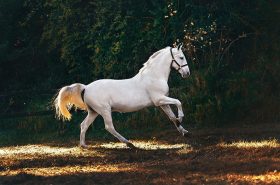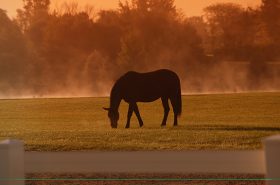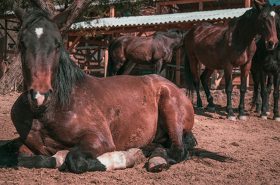Did you know that most horses can benefit from additional fat in their diet?
Not only do dietary fats serve as carriers for vitamins A, D, E, and K, but they also provide the essential fatty acids, omega-6 and omega-3. Though both of these essential fatty acids are needed by the horse, omega-3 helps to control inflammation and has more health benefits. Omega 6 is pro-inflammatory and should not be fed in large amounts. Therefore, it’s best to find fat sources higher in omega-3 than omega-6. This usually means avoiding products such as corn oil or canola oil.
The good news is that fresh grass contains a good amount of omega fatty acids and especially omega-3. However, horses on a mostly hay or all-hay diet can benefit from an additional source of dietary fat. Below are some of your best options.
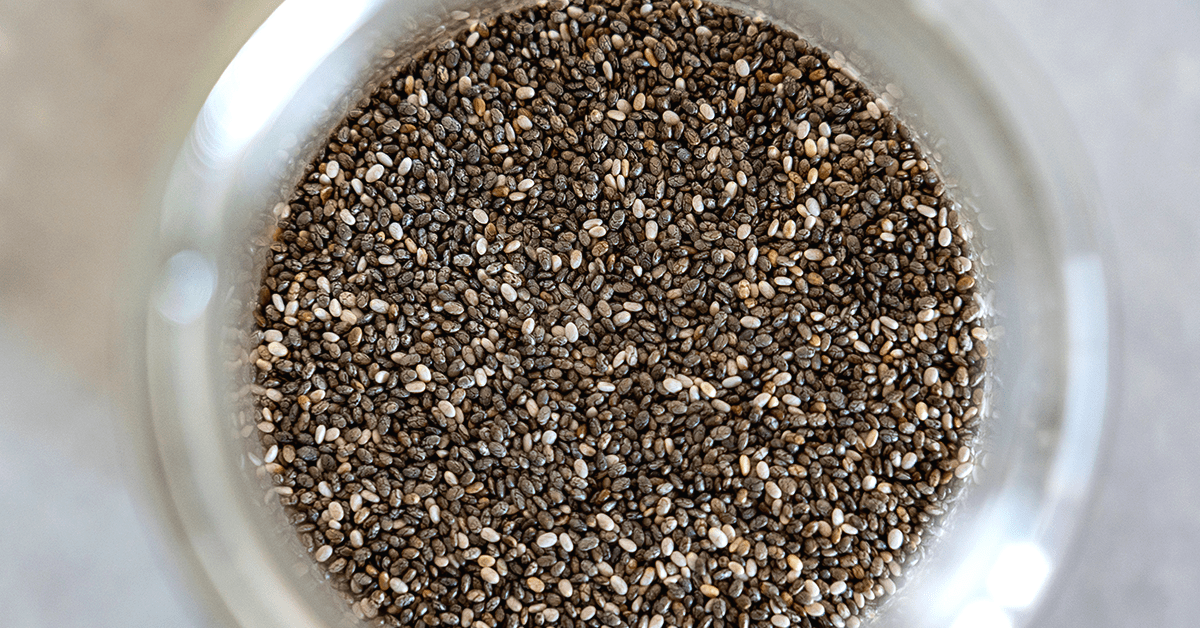
Chia Seeds
Chia seeds have one of the highest omega-3 fatty acid levels of any naturally occurring nutrient, with a 3:1 ratio of omega-3 to omega-6. They are also a rich source of vitamin B. Many horses seem to tolerate chia seeds well, but they are also one of the more expensive sources of dietary fat.
Flaxseed
Ground flaxseed and flaxseed oil are both commonly fed to horses as a source of healthy dietary fat. They’re also a great way to add protein to the diet. Feeding whole flaxseeds isn’t advised, however, as they are harder for the horse to digest.
Fish Oil
The most concentrated sources of omega-3s come from the sea, and though horses are herbivores who wouldn’t normally eat fish, researchers have found benefits from feeding fish oil to horses. Look for fish oil products specifically marketed for horses, but keep in mind that not all horses will like the taste of a fish oil supplement.
Algae
Algae is another great source of omega-3s, and unlike fish oil, it’s a plant source but still has the benefits of coming from the sea. It also has B vitamins as well as detoxification agents to help bind up heavy metals and cleanse them from the body. Again, find an algae product designed specifically for horses and follow the feeding directions.
Do you feed any of the above fat sources to your horse? If so, feel free to share your experience with them in the comments!
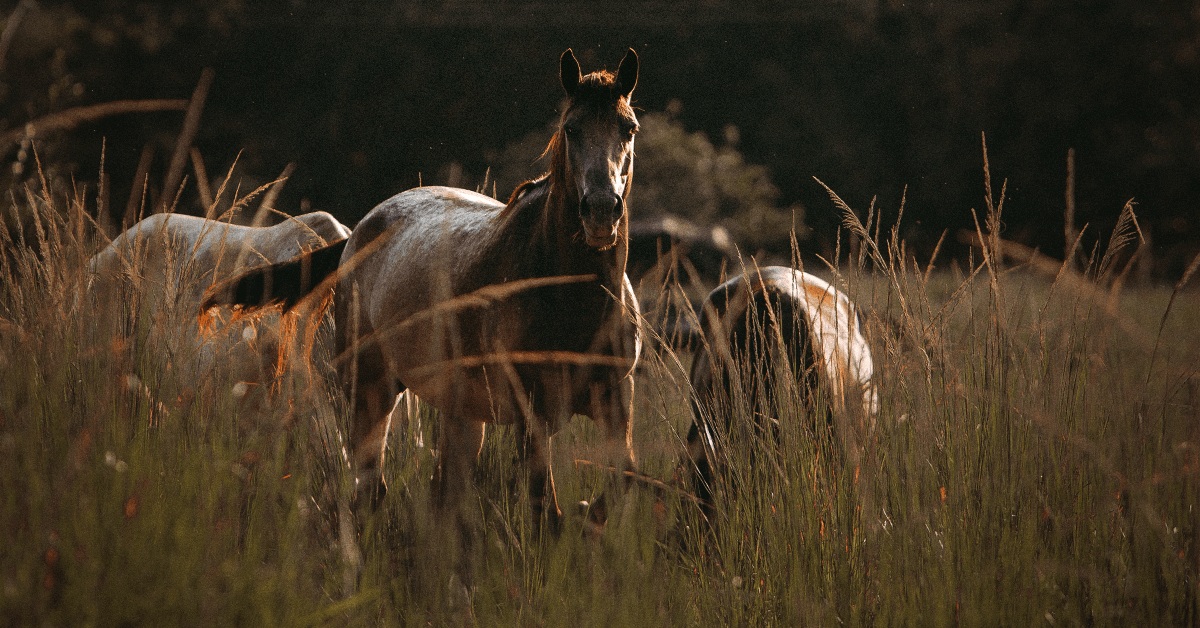
Enjoy this blog post? We think you may like Natural Protein Sources for Horses by Casie Bazay.

